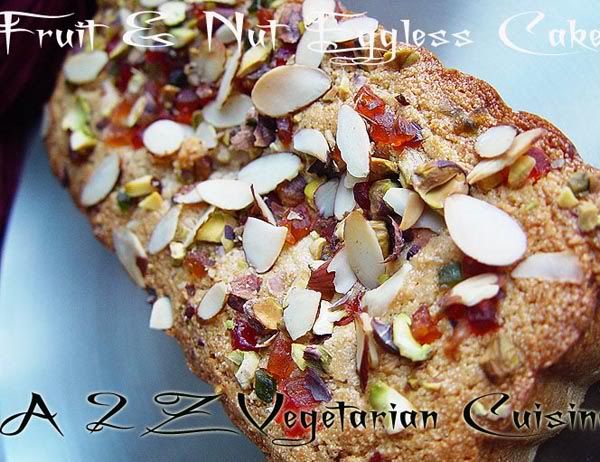Former President Bill Clinton won rave reviews for losing 24 pounds in time for his daughter Chelsea's recent wedding, and he credited it to his new vegetarian diet. He told Wolf Blitzer in an interview that although he does eat fish (rarely), he otherwise eats a vegan diet and feels great.
Clinton's high praise for veganism was all over the news and tabloid shows, and his remarks seemed to lend a little prestige to the idea of losing weight by eating as the vegans do.
Not merely a diet
Of course, many vegans have deep spiritual reasons for eating as they do, and I certainly don't wish to recommend it solely as a dieting aid. Nor would I ever relegate veganism to the status of a fad diet.
Adults in the U.S. follow many forms of vegetarian diets, but according to a 2009 Harris poll, only 1 percent consider themselves vegan (1 more percentage point of these adults follow a vegan diet in every way except for consuming honey). According to the Vegan Society, veganism is a way of living that seeks to eliminate, as much as is possible and practicable, all forms of exploitation of, and cruelty to, animals for food, clothing, and any other purpose. Vegans exclude flesh, fish, fowl, dairy products (including animal milk, butter, cheese, and yogurt), eggs, honey, and animal gelatin, as well as anything else of animal origin.
Why people become vegans
Reasons for choosing to follow a vegan diet may include the diet's health and ecological benefits, one's religious and spiritual beliefs, a non-violent worldview, the desire to avoid hormones and contaminants, and a deep love for animals.
Health benefits of the vegan diet
- Lower levels of saturated (a.k.a. "artery-clogging") fat and cholesterol than in other vegetarian diets. Lacto-ovo vegetarians, for example, might consume cheese and other dairy products, as well as egg yolks, all of which are high in saturated fat and cholesterol.
- More fiber
- Reduced risk of obesity and high blood pressure
- Lower levels of total cholesterol and LDL ("bad") cholesterol
- Higher intakes of fruits and vegetables, usually
- Lower levels of environmental contaminants (as measured by studies of vegetarians' breast milk)
Nutrients to pay extra attention to
Some key nutrients, however, are missing in the vegan diet or in short supply, so that vegans must always make sure they are getting enough of the following:
- Vitamin B12. This vitamin is found exclusively in animal products, and so the B12 supplements derived from vegetarian sources are not of comparable potency and might even mask a deficiency. Vitamin-B12-fortified yeast can be a good B12 supplement for vegans, but experts recommend that you purchase only yeast products bearing the label of a respected vendor, since some yeast is kept in bulk bins and can actually provide little B12 if the quality is not verified. Otherwise, soy and certain breakfast cereals might be fortified with B12.
- Iron. Since many vegetarian sources of iron are not readily absorbed, vegans might also need iron supplements or iron-fortified vegan products.
- Vitamin D. Only a few foods are good sources of vitamin D--fatty fish and dairy products, mainly--so supplements are often recommended. Vitamin D2 supplements or D2-fortified soy milk is typically recommended. Vitamin D3 is not recommended by the Vegan Society since it’s not a vegetable source. Vitamin D2 is also created in our skin during sun exposure, but talk with your doctor about whether that's a good option for you and, if it is, how to do it safely.
- Calcium. Found chiefly in dairy products. Certain vegetarian sources of calcium, such as spinach and kale, can contain natural binders that make it difficult for the body to absorb the calcium.
- Protein. It's important to choose proper sources of vegetable protein in adequate amounts. Some examples: 1/2 cup beans; 1/2 cup tofu; 8 oz. soy milk; 1/2 cup edamame; and veggie burgers (protein varies here). Around 60 grams of protein per day should be sufficient for many people, although I recommend consulting with a Registered Dietitian to ensure you’re meeting your individual nutritional needs.
Not everyone can adopt the vegan diet, but more and more people (even Bill Clinton!) seem to be including more vegetarian meals in their diets, or getting interested in becoming "flexitarians."
What are your thoughts on vegan diets, readers? If you are vegan, please share your thoughts and perhaps your reasons for following that path.

 Unknown
Unknown

 Posted in:
Posted in: 









0 comments:
Post a Comment